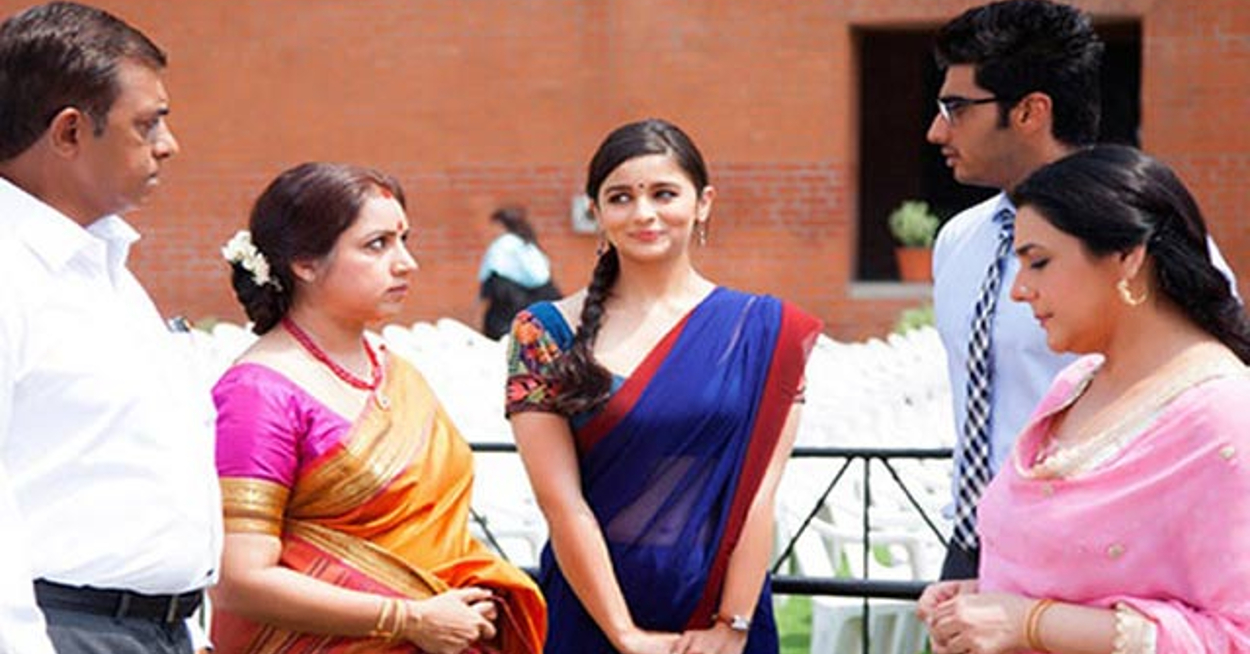Mohandas Karamchand Gandhi, the Father of our Nation was very shy, had no unusual talents and was less than average in studies at school; self-conscious, serious, fearful of thieves, ghosts, serpents, and darkness. But the resilience of his mind and his unshakable faith in his beliefs has made him one of the greatest individuals ever. His belief in spirituality, fight against violence, and perseverance for truth and moral values, can create a significant positive impact on mental health of individuals.
Things we can learn from Gandhiji:
1. Being patient can change our situation:
Gandhiji is the epitome of patience. He has shown us that being patient during the most instigating situations will not only make us stronger but also solve problems.
When the entire nation was troubled by the injustice of the Britishers Gandhiji single-handedly led an idea which wasn’t much appreciated. He could have given up but we all know that without his struggle and perseverance India wouldn’t have been a free Nation today. His fasting, marches, hartals show his patience and determination. While many wars resulted in failure Gandhi’s non-violent methods eventually resulted in winning our freedom.
2. Determination to fight is important:
Be it the numerous people he met or the foreign government he fought against there are facets of anger management to learn from him. His minimal clothes stand as proof of his simplicity, the firm decision of sending the Britishers back despite the obstacles he had to face and the determination to fearlessly fight against contributing to his outstanding quality of never giving up.
3. Accept yourself:
We praise Gandhiji for all his efforts and the struggle he had to go through while fighting for independence. But what hasn’t been talked about is that he was not flawless. The only difference was that as he himself said,
“I am painfully conscious of my imperfections and therein lies all the strength I possess because it is a rare thing for a man to know his own limitations.”
Psychologists, now use such cognitive behavior therapy, which is helpful in solving problems occurring due to unrealistic expectations.
Gandhi’s life and principles are inspirational. You can learn to be patient, forgiving and resisting negativity with the positivity of non-violence. His “way of living” if followed, will have a positive impact on mental health of an individual. But it can also be argued that one has to be strong enough to handle them. These ways are not applicable for the mentally frail. They can be inspirational, though.




